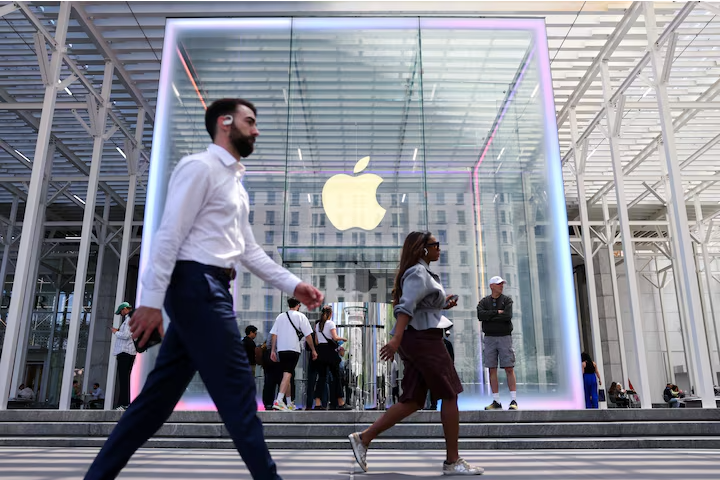In a bold legal move, Apple is pushing back against the European Union’s Digital Markets Act (DMA), claiming that new regulations forcing the tech giant to open its ecosystem to rivals like Meta and Google are not only unreasonable but could also jeopardize user privacy and stifle innovation.
The European Commission announced in March that Apple must allow third-party access to its tightly controlled iOS platform. This means competitors such as Meta (Facebook, Instagram), Alphabet’s Google, Spotify, and Garmin could soon be allowed to connect their apps, devices, and services more deeply with Apple’s iPhones and iPads.
But Apple isn’t going down without a fight.
“These deeply flawed rules unfairly target Apple and will significantly harm the experience for our European users,” the company stated.
Apple’s Core Arguments
Apple argues that the EU’s demands would force them to:
- Build complex new systems that are costly and impractical.
- Share sensitive user data with “data-hungry” companies, raising serious privacy and security concerns.
- Open up features and functions that could result in a subpar experience for Apple device users.
According to Apple, the Commission’s requirements could cripple its ability to innovate within Europe, making it harder to deliver new features and services that users have come to expect from the tech powerhouse.
The company’s statement stressed that complying with the DMA as it stands would be a burden not shared equally by other firms. “These rules target only Apple,” it noted, calling the EU’s stance “discriminatory.”
What Does the EU Want?
Under the Digital Markets Act, the EU wants to prevent large tech companies from abusing their market dominance. Apple, being classified as a “gatekeeper,” is required to:
- Allow other app developers and hardware makers interoperability access.
- Respond to such requests under a clear and strict timeline.
- Grant third-party device makers (like headphone or VR companies) access to key Apple technologies.

The move is part of a broader European effort to make digital markets fairer and more competitive, particularly as Apple controls everything from its hardware and software to the App Store.
Legal Battle Begins
Despite the legal challenge, Apple will still have to comply with the rules—at least for now. The legal case is expected to drag on for years, and the outcome could reshape the tech landscape across Europe.
Meanwhile, rival companies like Spotify, Meta, and Google are eager to capitalize on the opportunity to integrate more deeply with Apple’s devices—potentially giving European consumers more choices.
Whether this leads to greater freedom or weaker security, only time will tell.



